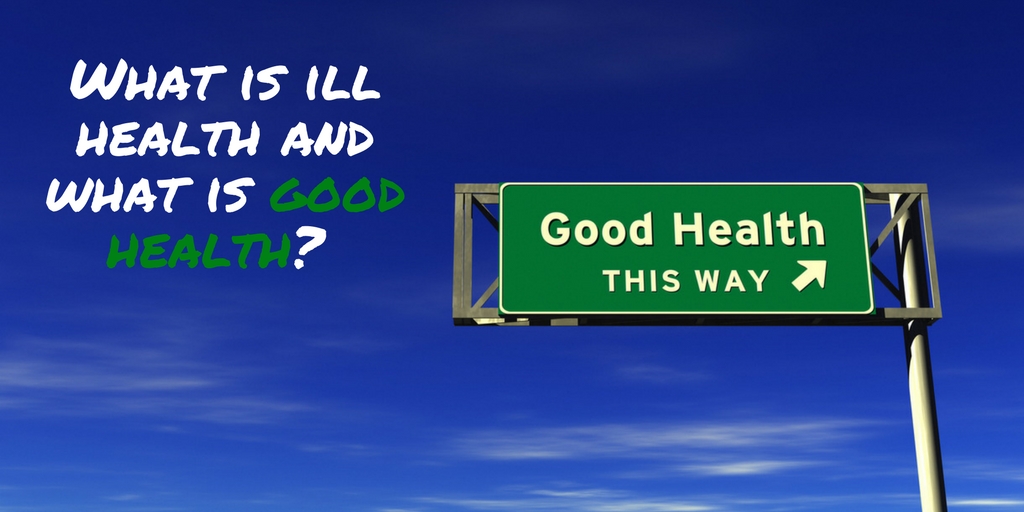
Contributory factors to ill health
The first and most important factor is what we put into our bodies to help renew our cells and build new ones – the food we eat or don’t eat. After all, if you think about it, every single piece of your body from your eyelashes and heart, to your lungs and immune cells is built of food – food that you eat on a daily basis. Food is not only your fuel but forms the building blocks of good health. However, there are other contributory factors to poor health, such as poor digestion and poor absorption of the food we eat, the stress we experience, genetics, hormonal issues, overgrowth of unfriendly organisms and a lack of good bacteria in our guts to name but a few.
If you have seen your doctor or a specialist, you may have found that chronic (long-term) health problems are usually treated with drugs such as statins, antacids, beta-blockers, antidepressants, sleeping pills and steroids. However, this approach mainly involves treating the symptoms of an illness, or a degenerative disease, rather than focusing on resolving the underlying causes; it does not help you get better and more often than not you may find that your health gets worse.
Being chronically ill can mean a life-sentence of taking drugs. Often, patients find they have to take more and more drugs as time goes on, to try to keep their symptoms at bay without their ever being able to get well again or get to the bottom of why they are ill. The drugs may cause them to feel worse, or interfere with the way their body absorbs nutrients; they may deplete the good bacteria in their gut, which can make matters worse in the long term, even if short-term relief from symptoms may result from medicines such as painkillers or antacids.
Having a chronic illness may make you feel that you are living a life where you are half dead, living constantly with pain, and feeling depressed because you often feel so ill. Alternatively, depression may be your health problem – a depression that is dark and unrelenting, and is addressed by a range of drugs that do not seem to get to the root cause of the problem Your movement may be restricted, making it difficult to exercise or you may get puffed from any exercise you try to take. Whatever you are suffering from, you may be finding that you are not able to participate fully in and enjoy life.
So what is good health?
Ask yourself these questions (yes/no)
- Is your life, whatever your age, full of vigour or do you feel youthful and energetic most of the time?
- Do you wake up most mornings looking forward to the day in front of you?
- Do you look each morning to eating well and to giving your body the best nutrition it can possibly have?
- Does your gut feel calm and content and free of any digestive distress?
- Can you move easily and do you feel flexible?
- Do you feel that all of your joints, muscles and bones are strong, moving well and you are free of pain most of the time?
- Are you free from headaches or migraine most of the time?
- Do you go to bed feeling pleasantly tired and sleepy but not exhausted and drained?
- Are you free of any chronic (long-term) health conditions or degenerative disease?
If you answered ‘Yes’ to most of these questions, you are in great health, but I suspect that, if you have brought this book, you probably have answered ‘No’ to the majority of them. Perhaps write down your answers to these questions, and use them to create goals to work towards. With the help of this book, you can achieve these goals.
Ask yourself:
‘What does good health and remission mean to me?’
‘What does the lack of good health feel like on a daily basis?’
‘What would it feel like to move without chronic pain – to be able to walk the dog and not feel exhausted, to have sufficient energy to get through each day without crashing out?’
To illustrate what this can mean, let me tell you the story of Robert in the next chapter. Robert went from being in chronic pain and utterly fatigued, to running half-marathons after nine months of following a functional nutrition programme.
Summary
Good health is living a strong life without chronic or degenerative illness and being able to answer ‘Yes’ to most of the above questions in the Table whatever your age.
This blog was taken from Fleur Brown’s new book, ‘Beat Chronic Disease: The nutrition solution’
